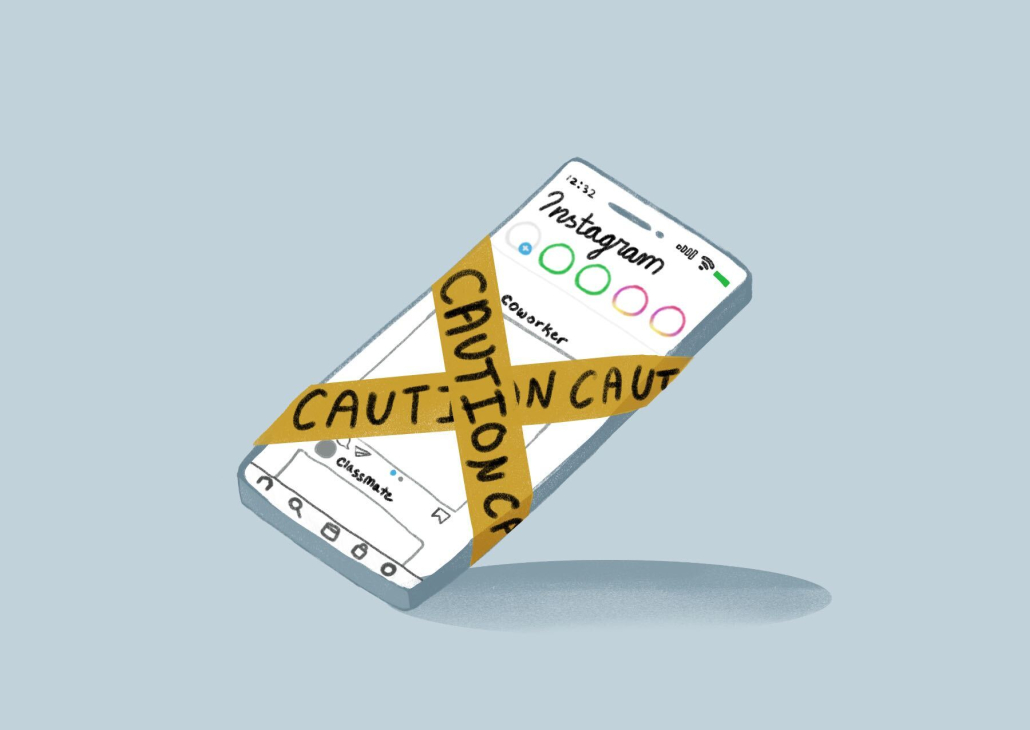We all need a social media detox

Instagram, Snapchat and TikTok comprise the three-headed social media monster for Gen Z. Facebook, Twitter, Tinder, LinkedIn, Pinterest and YouTube are also very popular social networking platforms in their own right. We use these forms of social media to stay connected with friends, entertain ourselves, stay up to date on news, find job opportunities and so much more. With all these different variations and purposes of social media, it is difficult to exclude them from our lives.
Those in Gen Z spend, on average, 53 minutes per day on Instagram and 50 minutes per day on Snapchat. That means that nearly two hours of our day end up being spent liking posts or sending streaks, so for those who scroll too much, it’s not difficult to understand why a social media detox — when one refrains from using any networking platforms for a set period — would be helpful.
Typically, detoxes are employed when one becomes addicted, spending an excessive amount of time on social media and can’t stop. However, this reactive approach to detoxes shouldn’t be the only way you should maintain a healthy relationship with social media — they can also be used proactively.
Social media addiction is rooted in our subconscious. When we see people like, comment and share positivity on our posts, our brains release dopamine, making us feel happy and rewarded. Over time, relying on social media to feel happy holds roots in others’ affirmations and giving us the proverbial thumbs up. Most scarily, we begin to require more validation from social media once we start to rely on it for dopamine.
A proactive relationship with social media means taking breaks before you get to this extent of reliance, not after. Trying this proactive approach is especially relevant for teenagers, as researchers have found that extensive social media usage opens the door to a host of mental health issues such as social anxiety, social isolation and feelings of loneliness. Taking a break from social media allows us to step away from these dangers.
According to Medical News Today, “researchers saw that users who frequently checked their accounts had a more than twice as high a risk of depression than their less social media-oriented peers.” In terms of a complete detox, there is no set time period that guarantees mental health benefits, as it varies from person to person. However, according to a study from the National Library of Medicine, 37% of students who attempted a detox lasted at least three days and most reported health benefits including better mood and productivity and improved sleep.
During the detox, find ways to keep the mind distracted. It can be anything one desires whether that is learning how to cook, working out, reading a book or spending time with friends. However, a detox should only temporarily prevent or break social media addiction. It is not meant to be permanent.
Social media has a host of benefits, such as helping people stay connected with friends and family and be in tune with any major events happening around the world. The usage of proactive detoxes help us experience the benefits and limit the pitfalls of social media by limiting our reliance on them.
It’s not about deleting these applications forever. We just need to learn to have a healthy relationship with these platforms.

